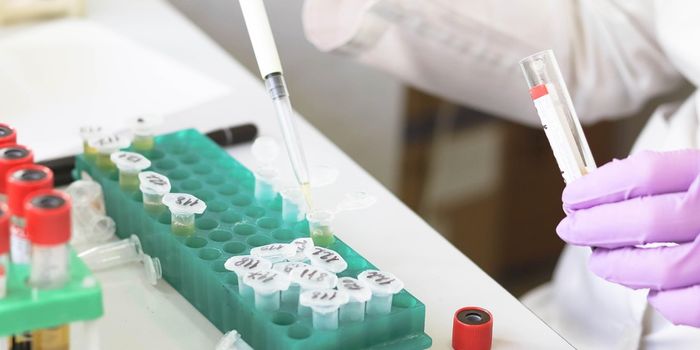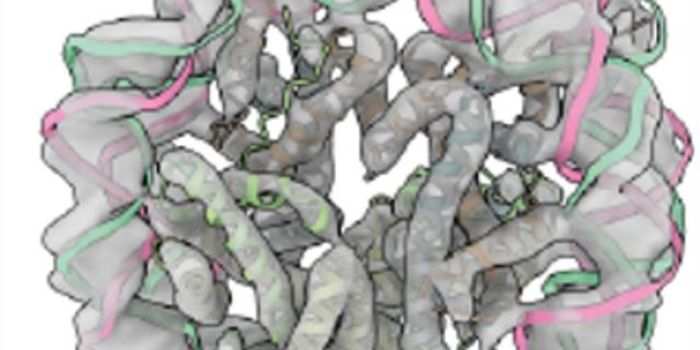Common Food Additive Impairs Intestinal Cells
We assume that food we ingest is safe to eat, but new research has shown that a common food additive could be damaging to the cells of the intestine if there is frequent exposure. Investigators at Binghamton University, State University of New York have found that titanium dioxide causes a significant decrease in the ability of intestinal cells to absorb nutrients, and disrupts their function as a shield against dangerous invaders after chronic contact. Titanium dioxide can be found in many processed foods and personal care items and has been tested and considered safe by many regulatory agencies. The video below highlights the new research, which was published in the journal Nanoimpact.
For this research, the scientists treated small intestinal cells in culture to the titanium oxide nanoparticles mimicking the intake from one meal, or for the equivalent of an exposure for four hours, which was considered acute exposure, or that from three meals over a period of five days, considered to be chronic exposure. The researchers found that acute exposures didn't seem to do much. However, chronic exposures reduced a protuberance on the intestinal cells, microvilli, which are absorptive. After eliminating some of the microvilli, there was a resultant weakening in the intestinal barrier. Metabolism then slowed down and impaired the intake of critical nutrients like iron, zinc, and especially fatty acid. There was also a disruption in the function of enzymes and an increase in inflammatory signaling.
"Titanium oxide is a common food additive and people have been eating a lot of it for a long time; don't worry, it won't kill you! But we were interested in some of the subtle effects, and we think people should know about them," said one author of the new work, Biomedical Engineering Assistant Professor Gretchen Mahler. She noted that this work doesn't agree with previous studies showing titanium dioxide to be harmless.
"There has been previous work on how titanium oxide nanoparticles affects microvilli, but we are looking at much lower concentrations," explained Mahler. "We also extended previous work to show that these nanoparticles alter intestinal function."
Titanium dioxide is not soluble and is not reactive. It's often used as a white pigment in the production of paint, plastic and paper, and commonly used in sunscreen because it effectively bucks ultraviolet rays. It's also a typical abrasive ingredient in toothpaste so it can easily enter the digestive system of some people in low levels every day. There are other uses in food production; it gives milk a more uniform and opaque appearance, it is used as a food coloring, and it can lend a smoother texture to foods like chocolate.
The U.S. Food and Drug Administration has declared titanium dioxide safe for human consumption, as such, avoiding it is extremely difficult. Research has shown how ubiquitous it is; after assaying 89 foods like mayonnaise, vanilla pudding, gum and Twinkies, research from Arizona State University showed all the foods contained titanium dioxide. There has also been some response to concerns about the additive from consumer groups. Dunkin' Donuts stopped the use of powdered sugar containing titanium dioxide nanoparticles after the group As You Sow lobbied against the additive.
"To avoid foods rich in titanium oxide nanoparticles you should avoid processed foods, and especially candy. That is where you see a lot of nanoparticles," cautioned Mahler.
Sources: AAAS/Eurekalert! via Binghamton University, Environmental Science and Technology, Nanoimpact








